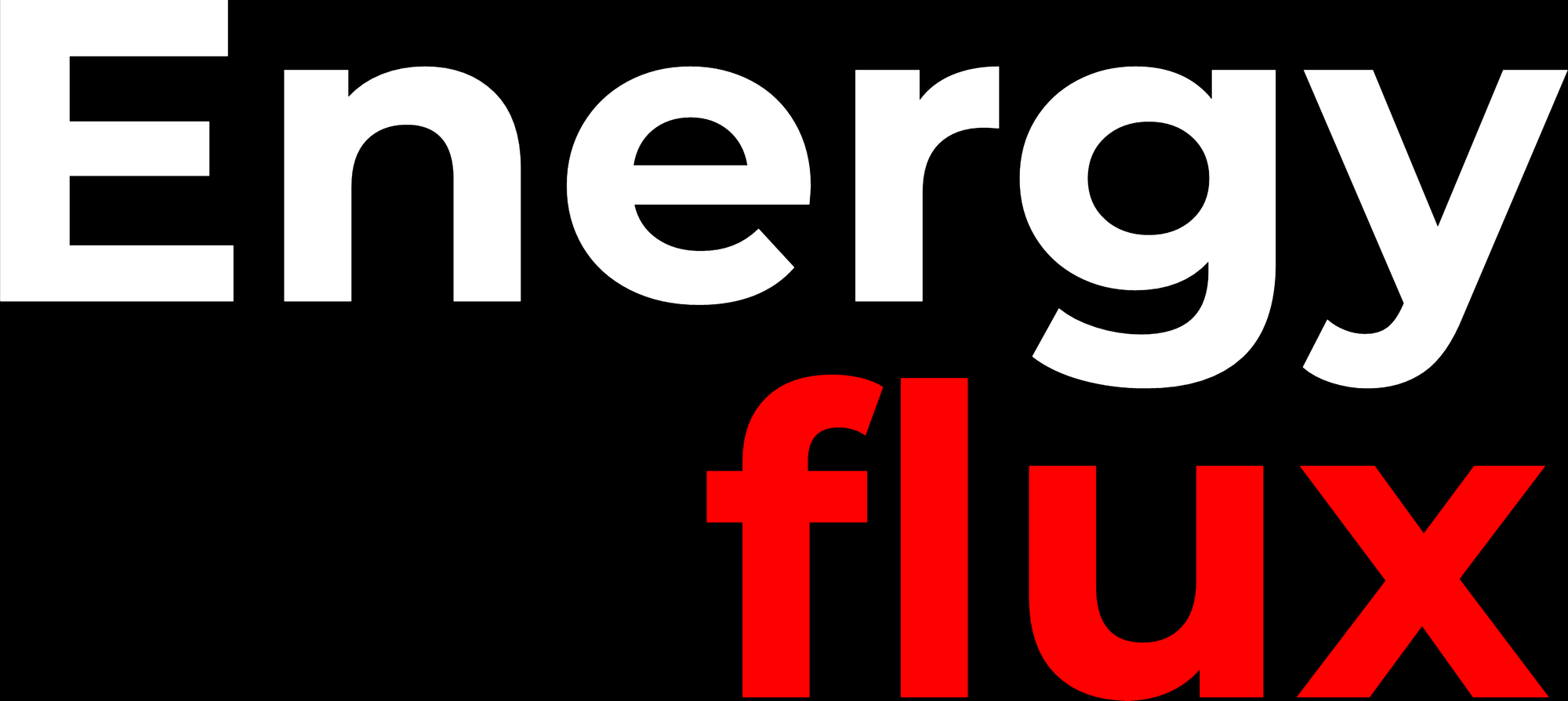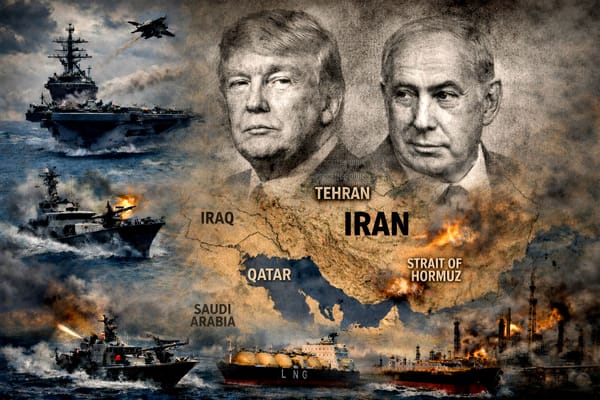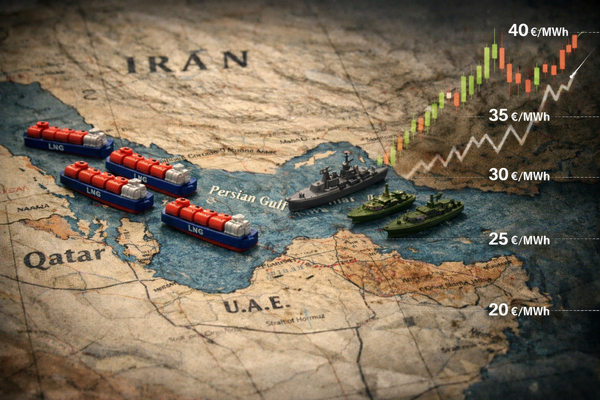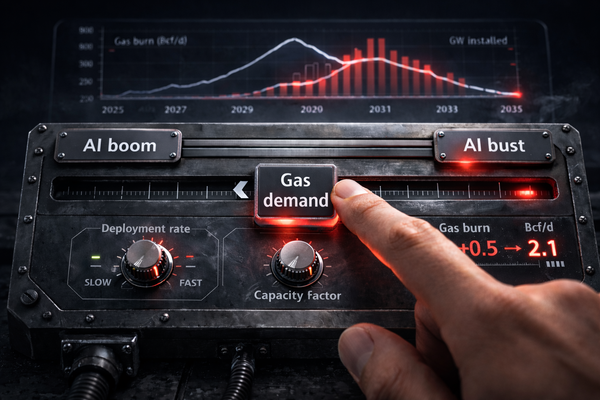Moldova’s long road to energy independence
DEEP DIVE: Electoral victory for pro-EU government paves way for deeper integration with European energy markets
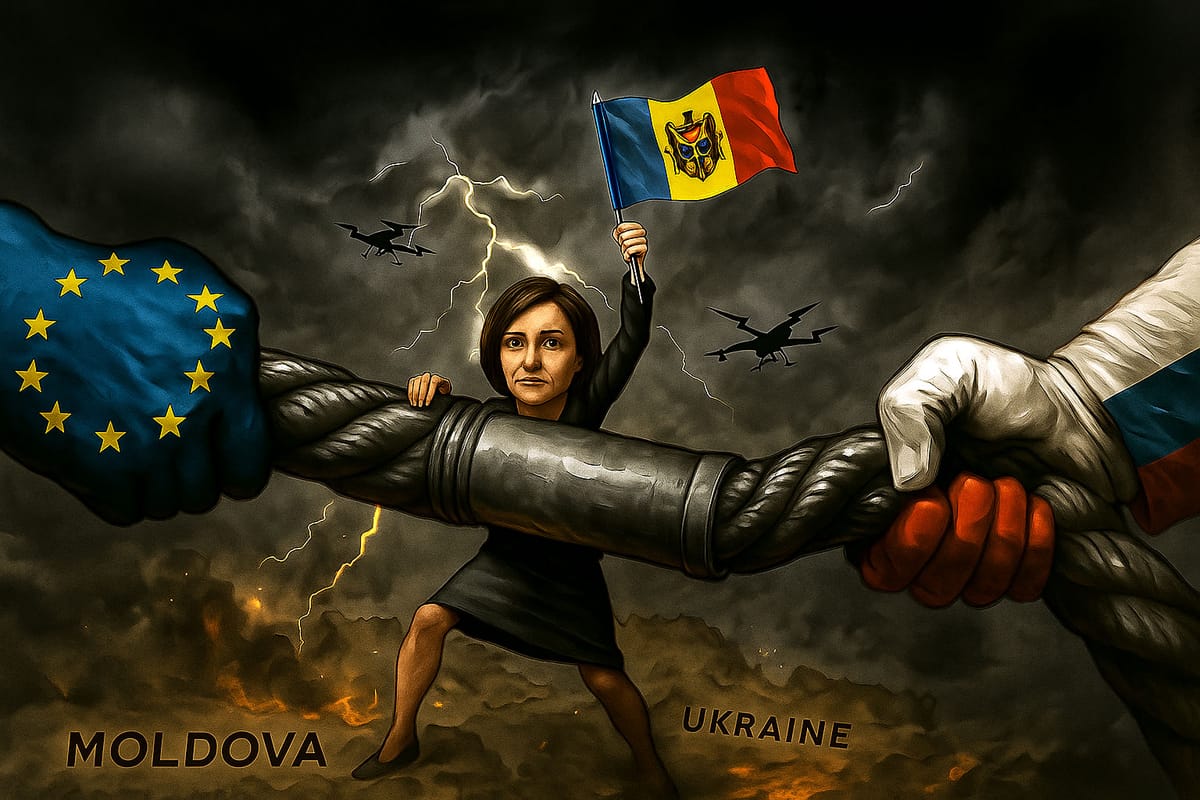
Moldova’s energy sector has undergone a drastic transformation in just a few years. As recently as 2021 the country was almost completely reliant, directly or indirectly, on Russia for its energy needs — a dependence Moscow could wield as political leverage.
Today that grip has been broken.
Moldova now imports neither gas directly from Russia’s Gazprom nor electricity from the breakaway region of Transnistria, where power had long come from a Russian-controlled plant. At the same time, it has reformed and liberalised its energy sector in line with EU standards.
Building on these reforms, President Maia Sandu’s ruling pro-EU Party of Action and Solidarity (PAS) won a decisive victory over pro-Russian opposition parties in crucial parliamentary elections on 28 September.
The election had been framed as a popular choice between closer links with Brussels or veering back towards Moscow.
The high stakes were laid bare when Moldovan prosecutors launched one of the country’s largest security operations six days before the ballot, with 250 raids targeting a Russia-backed network that allegedly sought to subvert the democratic process. Following the raids, 74 people were taken into custody.

The surprising margin of victory for PAS is a major milestone for the tiny ex-Soviet state, which is nestled strategically between sister country Romania, an EU member state, and war-torn Ukraine — a country that is literally fighting to defend the right of self-determination that the people of Moldova expressed at the ballot box on Sunday.
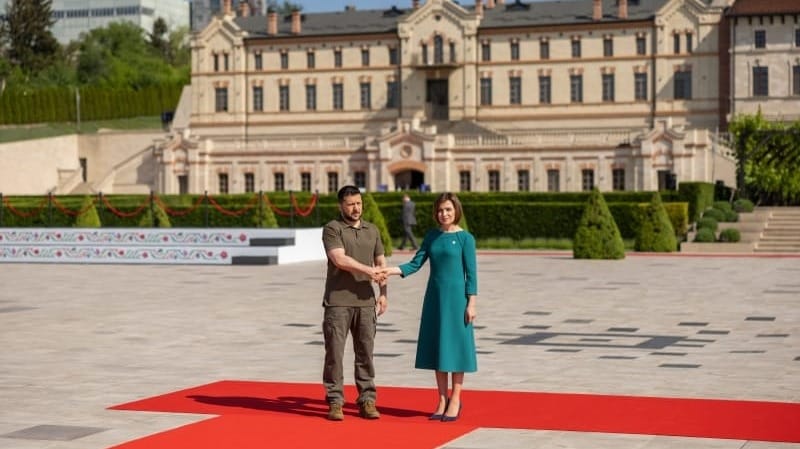
The result is expected to accelerate Moldova’s accession to the EU and integration with European energy markets. But the tiny landlocked country is not out of the woods yet.
Like much of Europe, it still struggles with high energy costs — a heavy burden for a country with low GDP per capita. And while Russia can no longer weaponise supplies, Moldova’s options for importing gas and electricity remain limited, leaving it vulnerable to disruptions.
🧭 Energy Flux is supported entirely by readers: no ads, no corporate sponsorship. If you value fiercely independent analysis, please consider upgrading to a paid subscription plan to help keep the newsletter going — and access unrivalled energy market insights.
Having already endured several tough winters, the absence of domestic gas storage capacity is another weakness. Recent years have demonstrated across Europe how critical winter stockpiles can be to market stability and security of supply.
This special post-election Deep Dive assesses the implications of the vote, in the context of Moldova’s long struggle for autonomy and independence from Russian energy.
In this issue…
- How did Moldova break free from Russia’s energy grip — and at what cost?
- Moldova’s pro-EU election victory: what role did energy independence play?
- Gazprom vs Moldova: The multi-billion-dollar gas debt dispute that won’t go away
- What vulnerabilities remain in Moldova's bid for true energy autonomy?
Level up your geopolitical insight. Subscribe to Energy Flux and support fiercely independent energy market analysis
💥Article stats: 3,000 words, 18-min reading time, 2 infographics

Member discussion: Moldova’s long road to energy independence
Read what members are saying. Subscribe to join the conversation.
